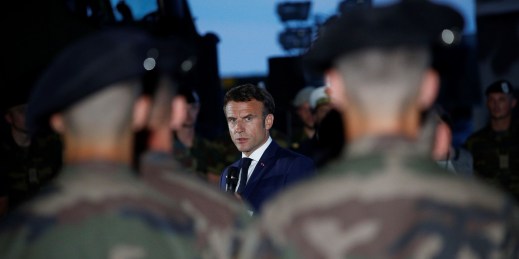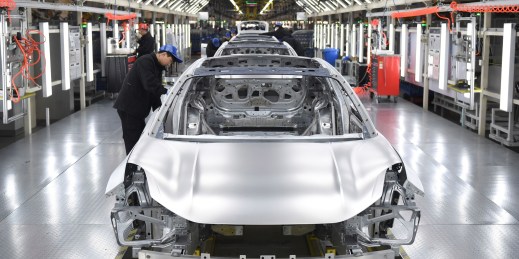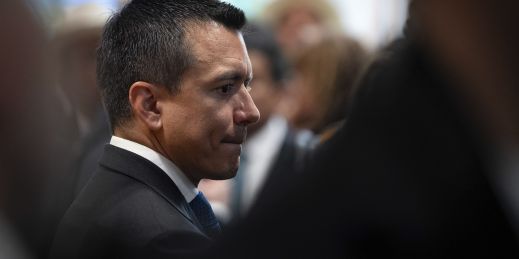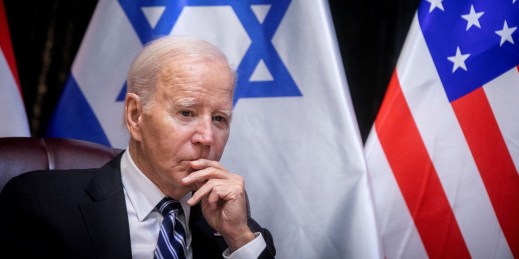
As Europeans come to terms with the long-term consequences of Russia’s all-out invasion of Ukraine and growing isolationist sentiment in the U.S., the potential of a more militarily self-reliant EU has begun to affect internal policies and debates in Brussels that will influence European politics over the coming decades.



